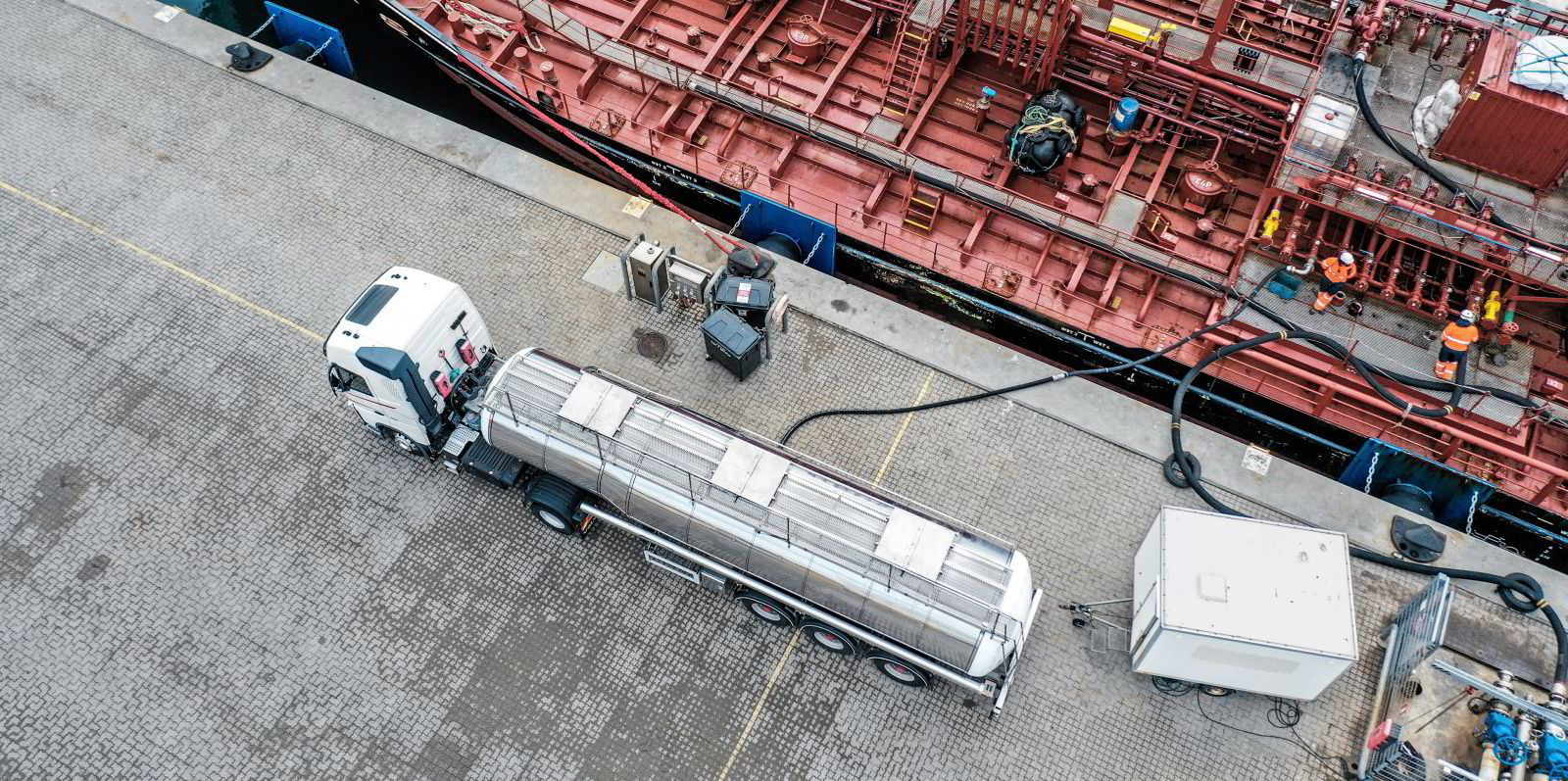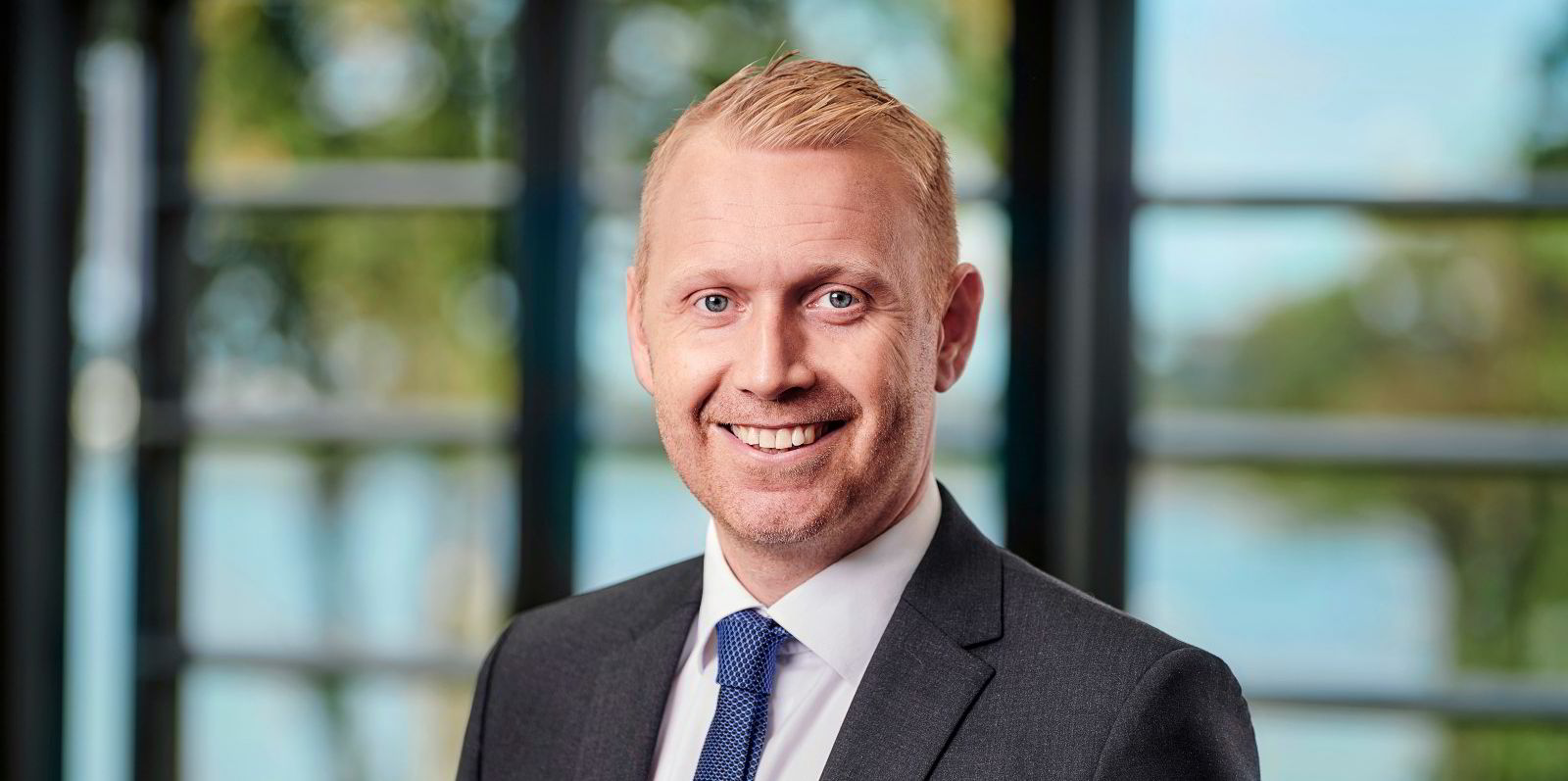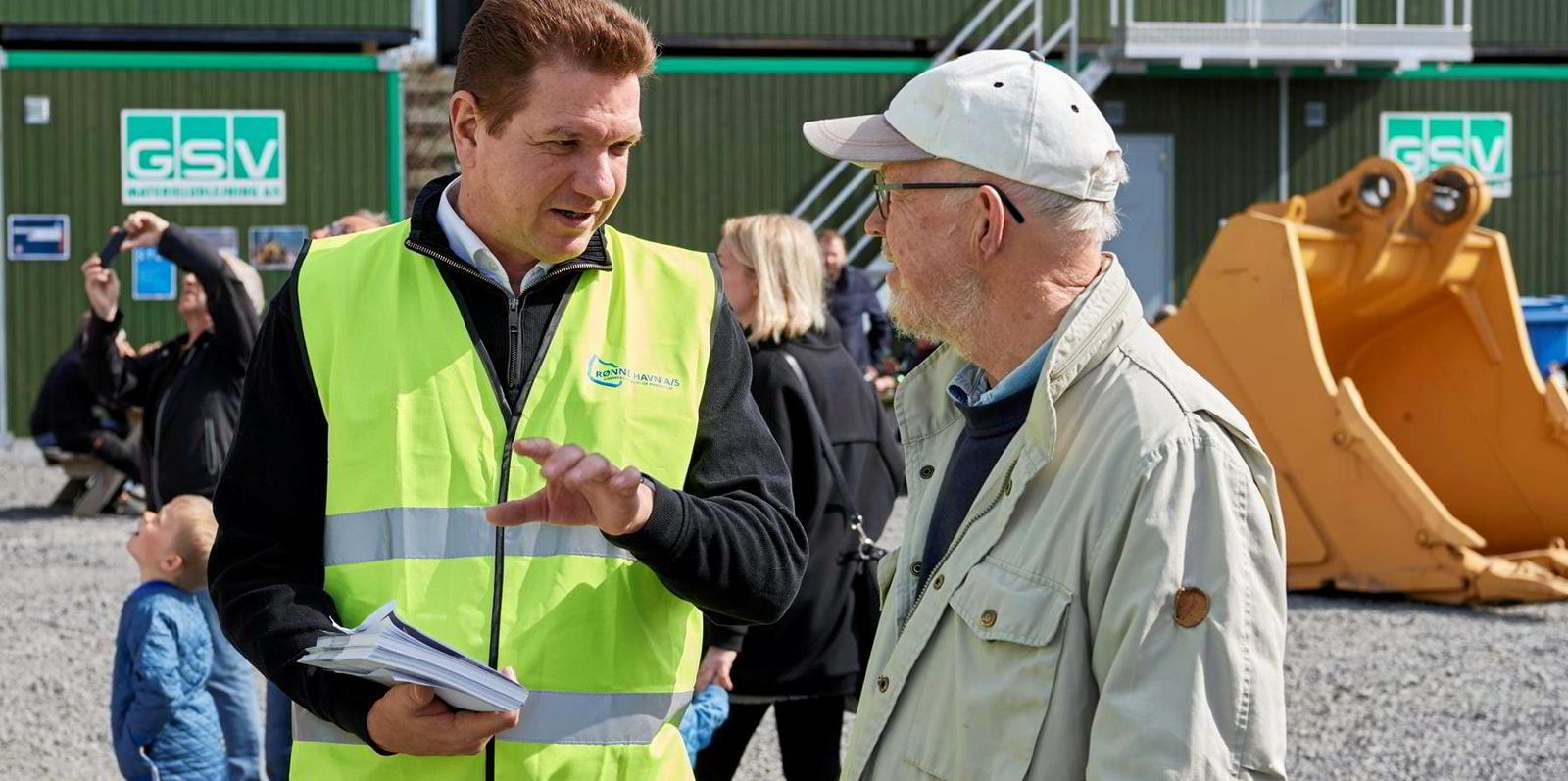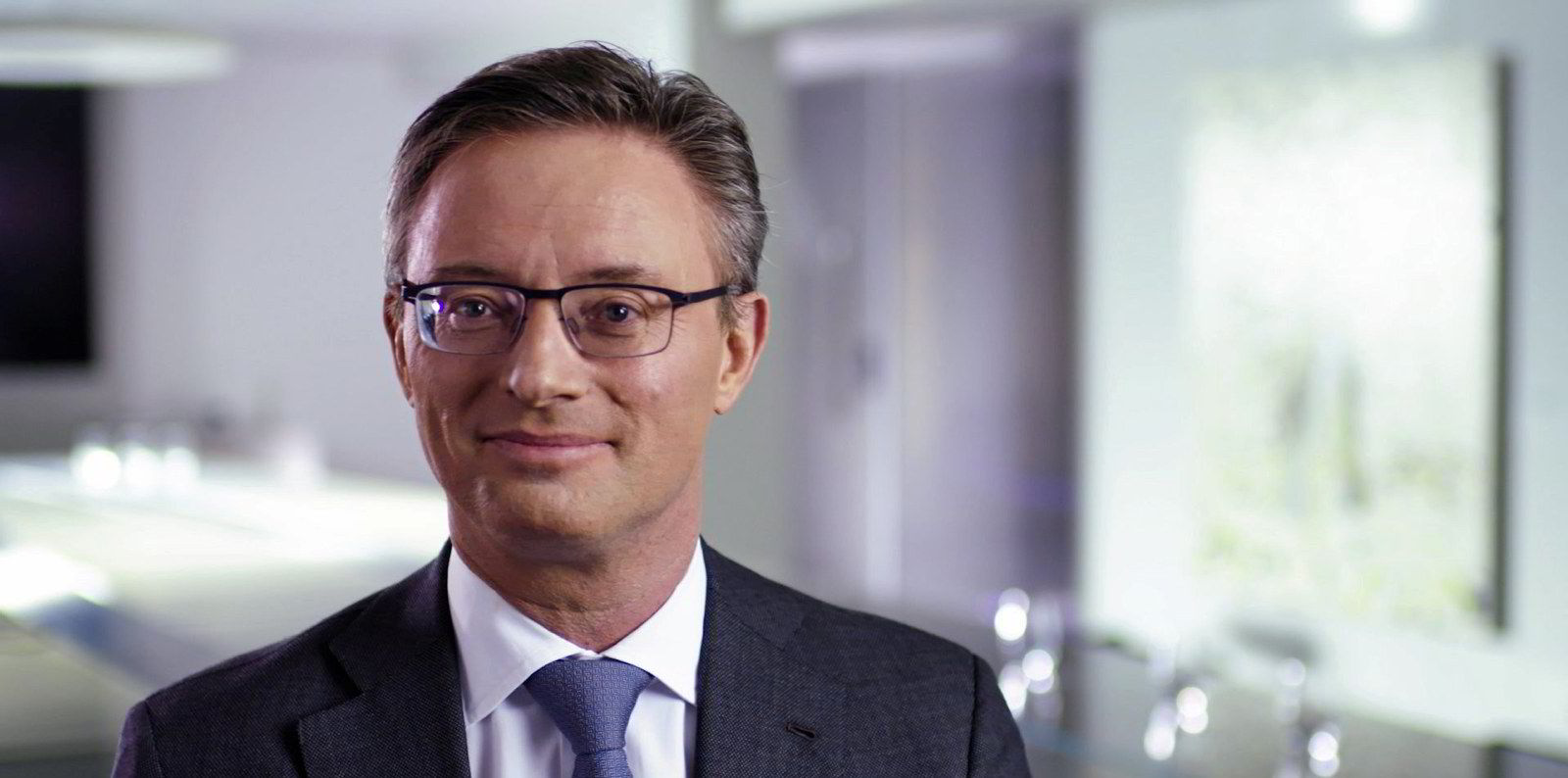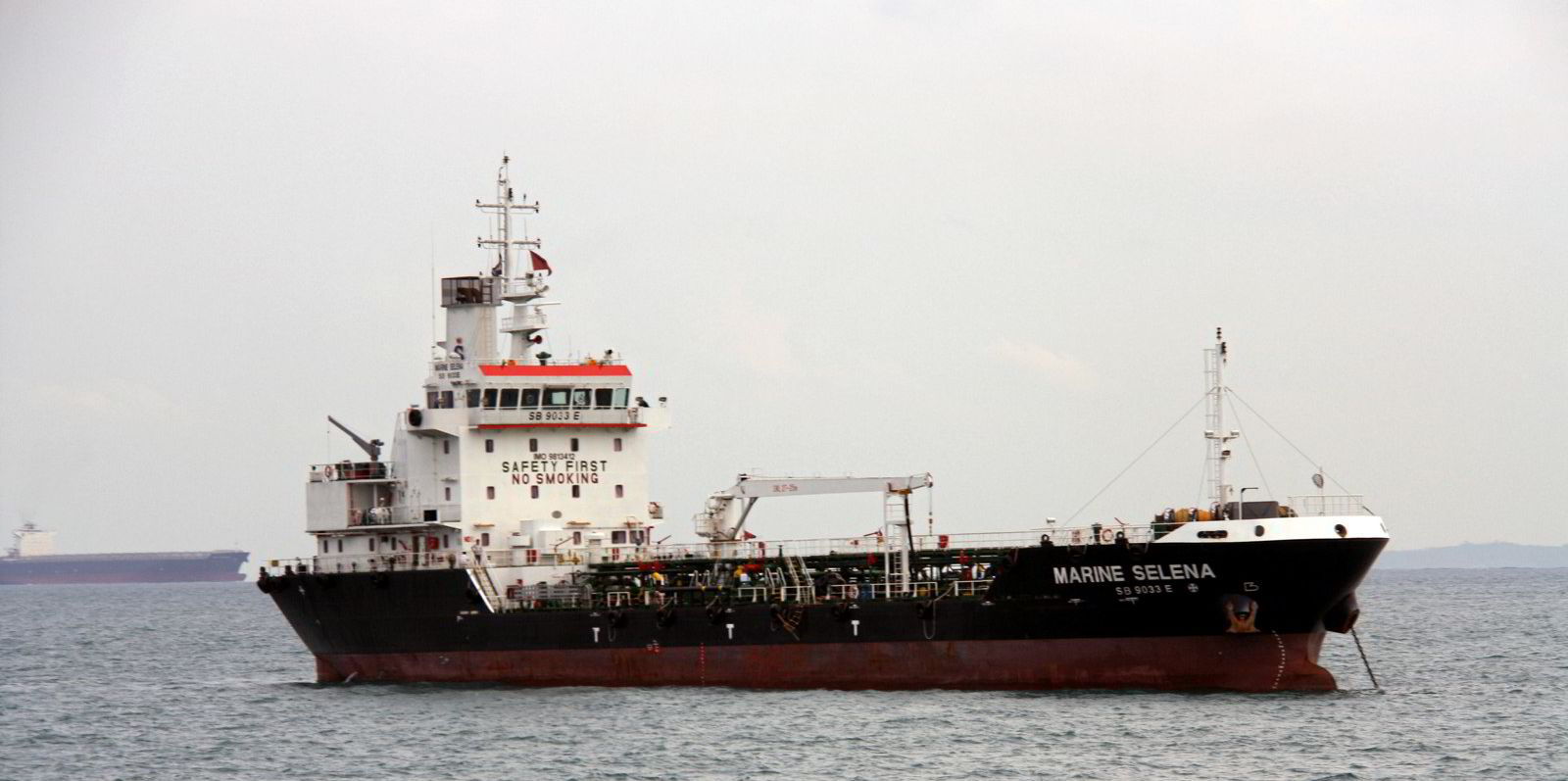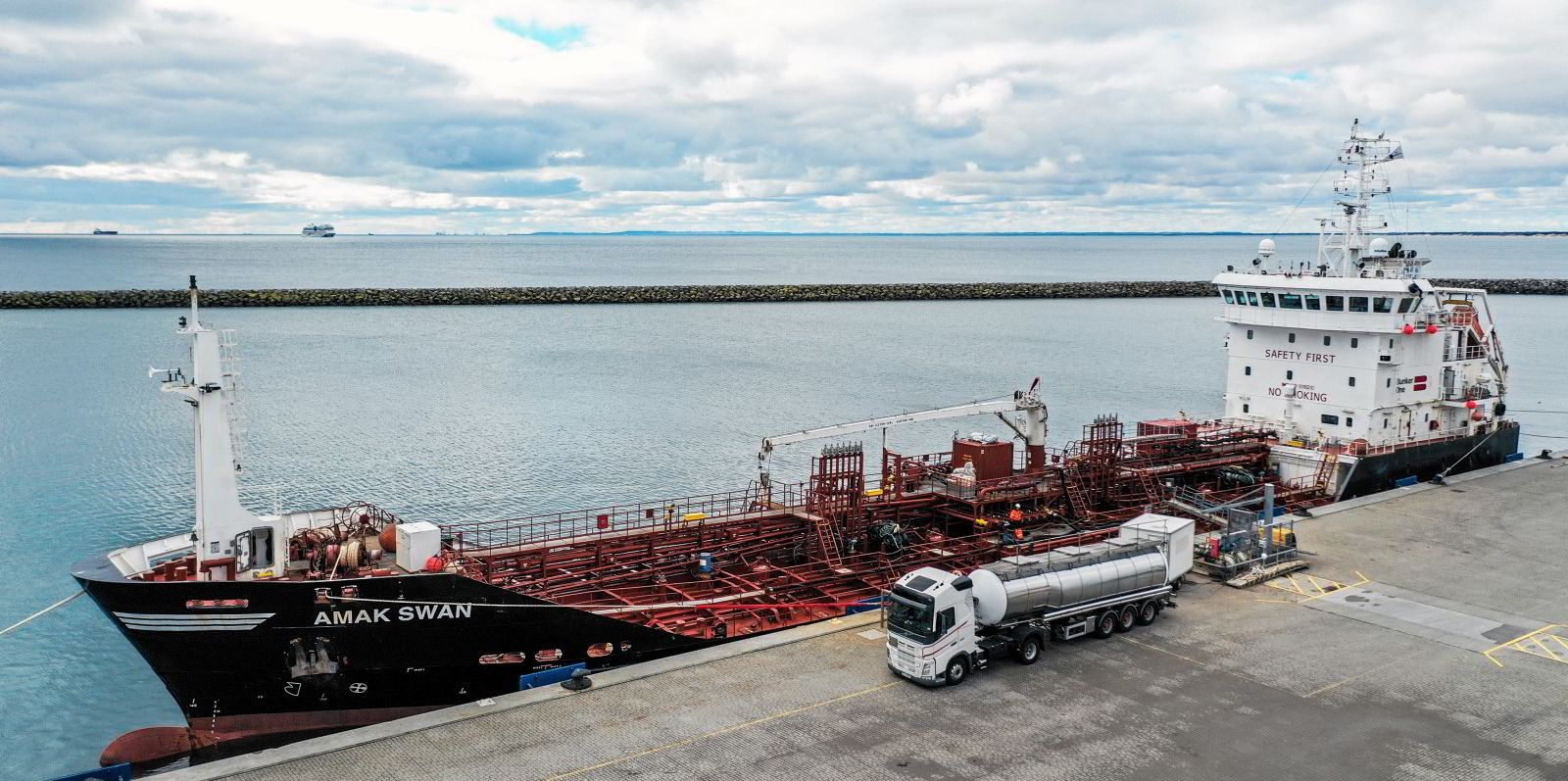Denmark’s Bunker Holding is aiming to play a central role in the coming energy transition to low-carbon shipping.
Regulators, charterers, shippers and financiers have been pushing to decarbonise maritime transport, and the marine fuels conglomerate believes the pressure is only going to intensify in the coming years.
Bunker Holding has been the world’s largest supplier of oil-based fuels to shipping, and chief operating officer Christoffer Lassen told TradeWinds that the Middelfart-based group also wants to lead on the decarbonisation front.
“We are probably going to be a one-stop shop, which can fuel you with everything in the future,” Lassen said.
“We want to service 100% of the clients out there [interested in green transition] ... We want to be able to provide all our customers with whatever green products they may require.”
Debates have continued over which types of new fuels can best reduce greenhouse gas emissions from shipping, with LNG often mentioned as a transitional fuel and ammonia, hydrogen and methanol lauded as long-term solutions.
Multiple options
There has also been growing interest among industry participants in acquiring emission credits from voluntary carbon offset projects within or outside the shipping sector.
Lassen said Bunker Holding would aim to provide multiple decarbonisation options to its clients rather than bet on any particular “fuel of the future”.
“We're looking at a future where we will have different kinds of fuelling systems,” he said. “It would probably be more than one, two or three different types of fuels [in] the future.”
Earlier this quarter, Bunker Holding announced its plan to deliver biofuel to vessels passing the Danish straits. It has also formed a consortium with seven other companies to develop the Bornholm Bunker Hub that could eventually supply green ammonia in the Baltic Sea.
“It is natural for Bunker Holding to be involved in different kinds of work streams… [in] every single step of the process,” Lassen said.
The executive added that probably only major bunker players could afford to invest in supplying different low-carbon fuels. He foresees that smaller bunker suppliers might need to specialise in one of them.
Even smaller ones that are active in only one port could struggle in future, he added.
“Small suppliers ... do not necessarily have the capacity to go into all the different fuelling,” he said.
Like a consultant
In his vision, Bunker Holding needs to develop expertise in green fuels so it can act as an advisor to vessel operators.
“Many shipowners are in the testing phase where they not only need the fuel, but also need the advice and the support both technically and logistics-wise. That’s where we come in,” Lassen said.
Bunker Holding has assembled a team of fuel specialists who are working on various types of decarbonisation projects. Among them are former traders and technical experts.
Lassen is currently looking to hire a team leader via LinkedIn.
“We need someone to lead the task force, preferably someone who has knowledge about everything in green transition,” he said.
“Our green transition and new fuel task force will become bigger in the future.”
